Illustration: NGOC DUY
I was born in a purely agricultural countryside. The land, although not as fertile as the plains, was enough for the people of my hometown to stick together for generations. Every harvest season, when the rice was harvested, the taro was packed into bags, the potatoes were piled in piles under the bed, we children eagerly gathered together to glean. No one taught us, no one instructed us, but as an instinct, everyone believed that after the harvest, the land still retained a bit of its fragrant affection.
For me, gleaning was not just about picking up what was left. It was a journey of discovery , a way for a child to understand the value of each grain of rice and potato. Every time I stepped into the field, carrying a small sack on my back and holding a basket my mother wove from bamboo strips, my heart opened up to the vast fields. The wind blew through my hair and clothes, creating a country background music that I will never forget.
I remember most the times I picked peanuts. Adults pulled them in rows, hit them against the tree roots to knock them off, then brought them home to dry, but there were always some left buried under the soil. We turned over every small hole, dug up every tree root, covered in mud but still had fun like going to a festival.
Every time I found a handful of peanuts with their red shells intact, I would exclaim as if I had struck gold. If someone was skillful, they could fill half a plastic bag in one sitting. The rest would be dried, mixed with salt, roasted until crispy, and then stored in a glass jar for those cold rainy afternoons.
Collecting taro is more difficult. These potatoes are planted deep, and after harvesting, there are still many small tubers left in the ground. You have to dig very carefully with your hands, sometimes hitting a piece of rock or stubble and scratching your fingernails. But in return, you collect taro, wash it, and cook it into soup with a few pieces of pork bones.
Once, I picked up a taro root as big as an adult's fist. I ran home to show my mother. I saw her eyes filled with tears as if thanking God for loving this poor family.
In the late afternoons, the fields were bare of stubble, the sun was red on the horizon, the sound of hoes and shovels in the distance mixed with the laughter of children. My mother often worked hard with my sisters and me to glean, not minding the dirt, just looking at each patch of uneven soil to find something left. When we returned, even though our baskets contained only a few handfuls of potatoes and a few empty grains of rice, everyone was filled with joy. Because gleaning in the fields did not always yield the results we expected.
I grew up, then left my hometown to study and work. The seasons of field gleaning gradually became less frequent, and my friends who went with me back then also scattered to different places. The fields are now mechanized, and after harvesting, they are flat as if they had never been touched by human hands. People rarely mention field gleaning, as if it were an old part of life, not worth keeping.
But strangely, every time I return to my hometown at the end of the harvest season, looking at the fields that have just been harvested, I seem to see the faint image of my mother bending over to pick up each potato, and my younger brother's hands covered in mud but still smiling brightly. For a moment, I seem to see myself, a child in the past, running across the fields with an empty bamboo basket but a heart full of dreams.
My mother is old now, and her fields are also in the compensation plan for urban development projects. But every time someone mentions the old days of picking up fields, she tells them in detail, meticulously about each crop, each potato, each handful of peanuts... with eyes filled with regret. Only then do I realize that there are things, periods of time that if not kept in the heart, will one day be buried into oblivion by time. Just like the old days of picking up fields, in any case, it is still a beautiful part of childhood memories, hard to find again.
Nhat Pham
Source: https://baoquangtri.vn/mot-dong-nhung-mua-tho-au-con-sot-lai-195914.htm


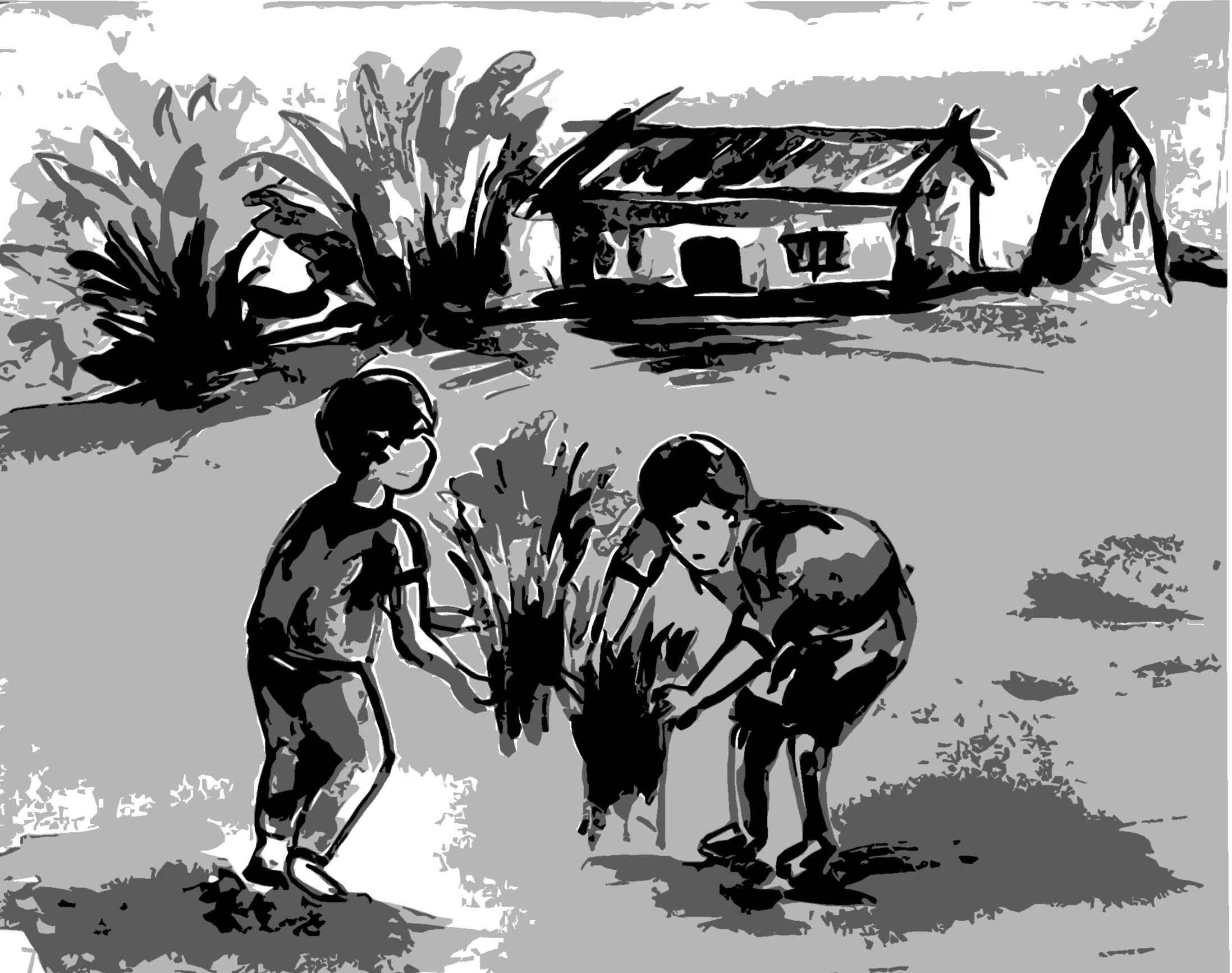

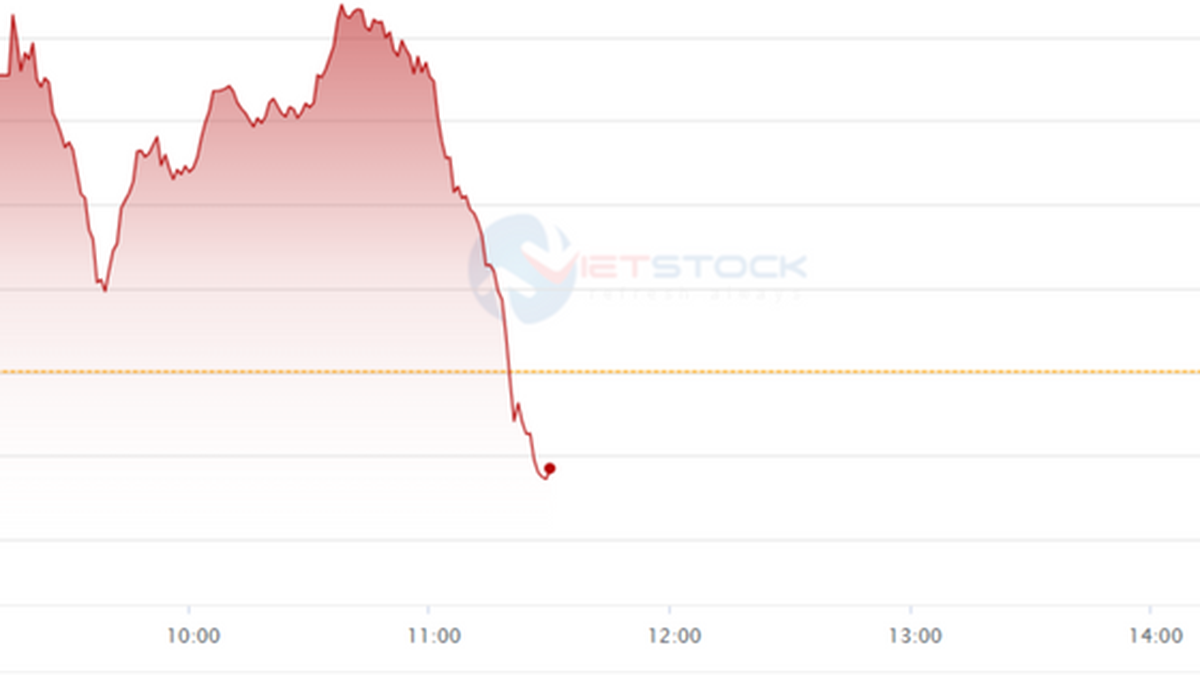

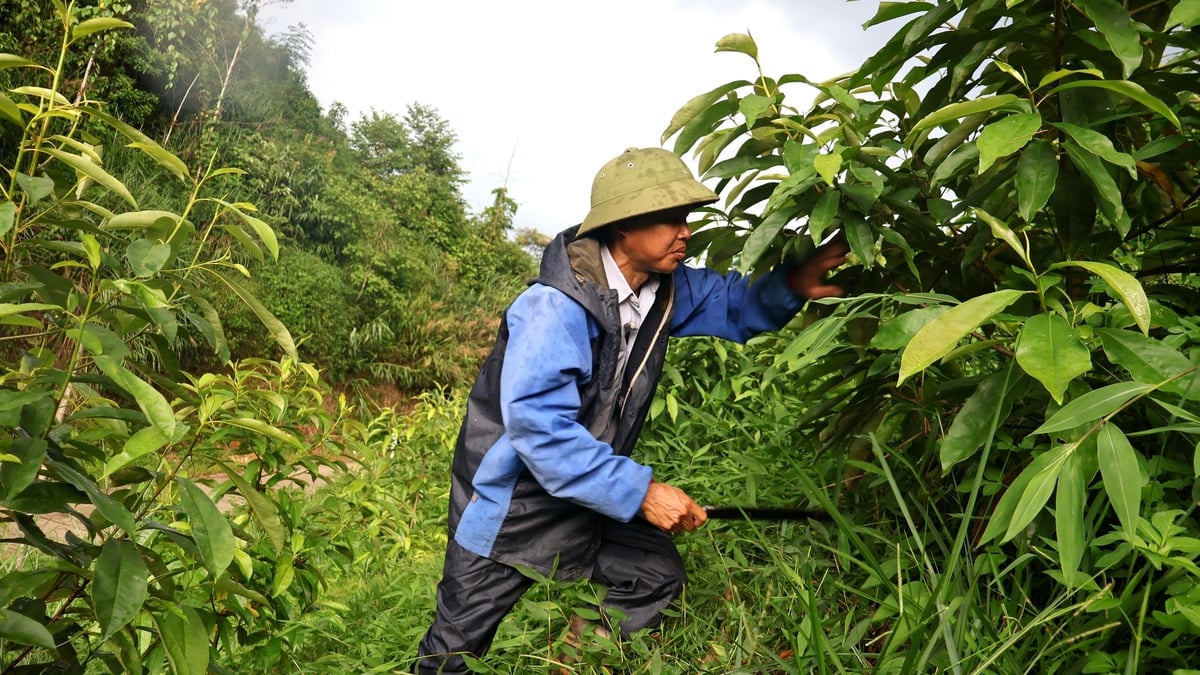
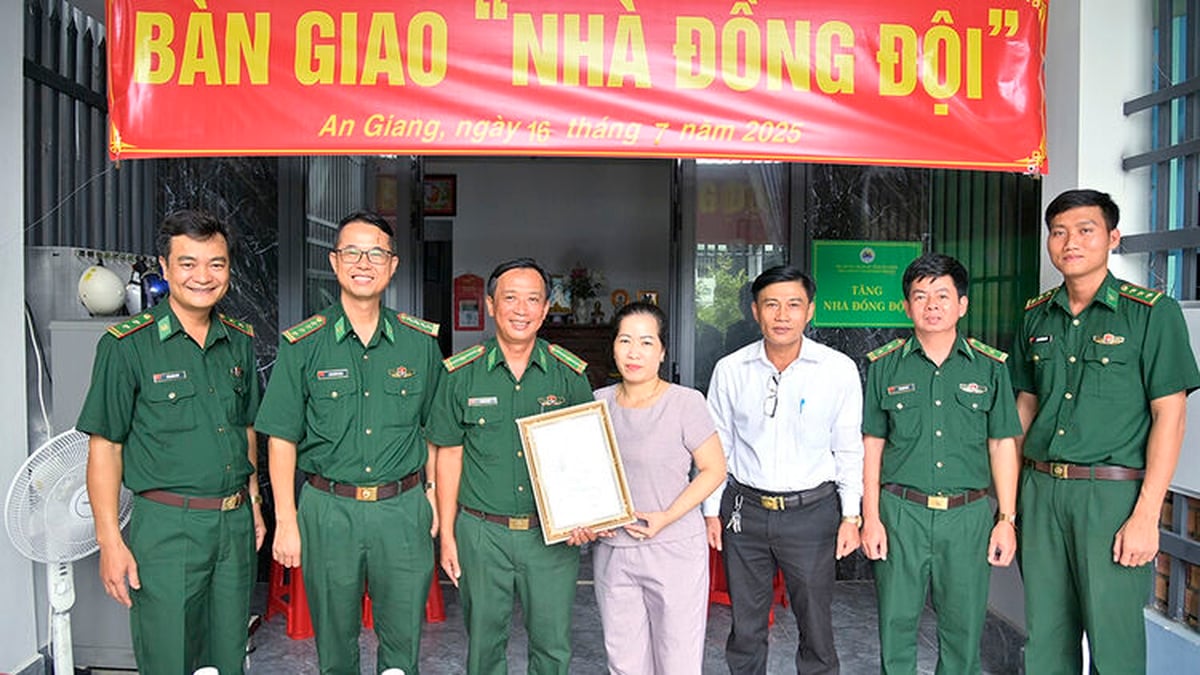
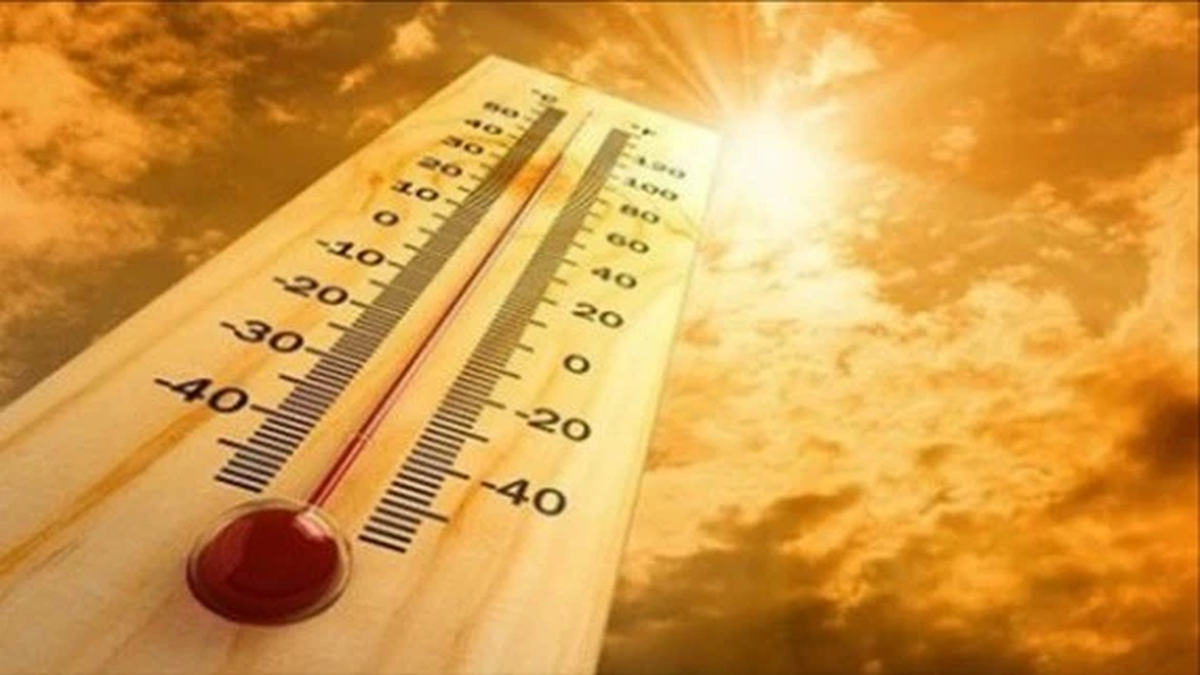

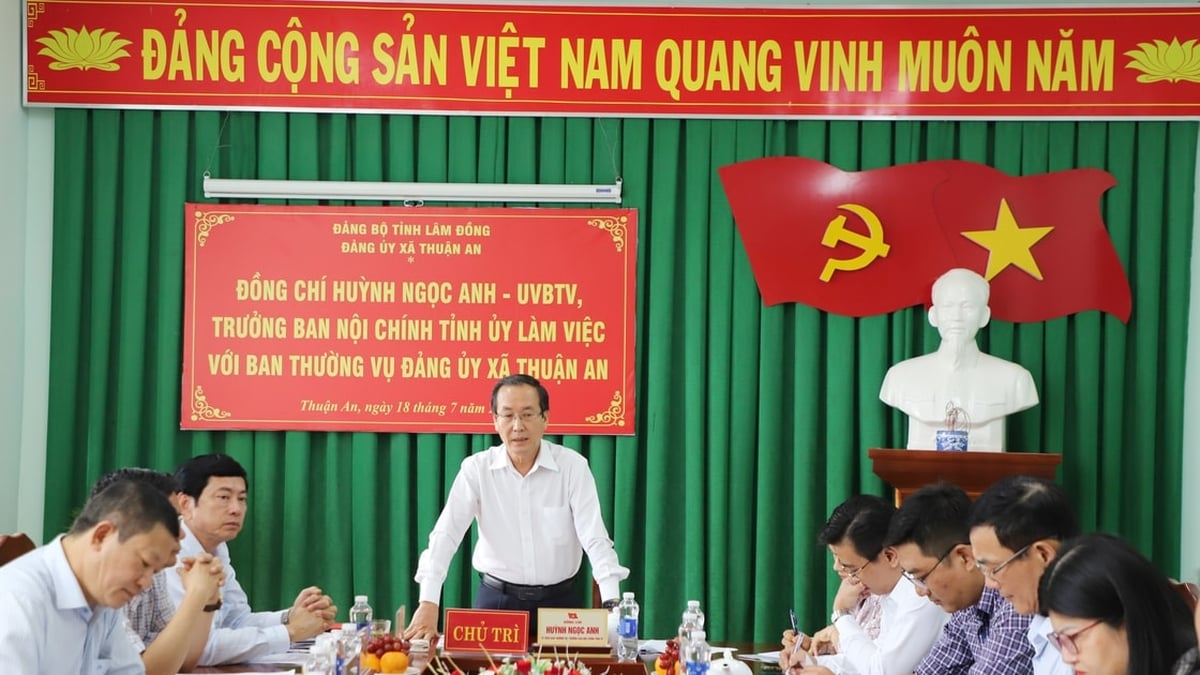

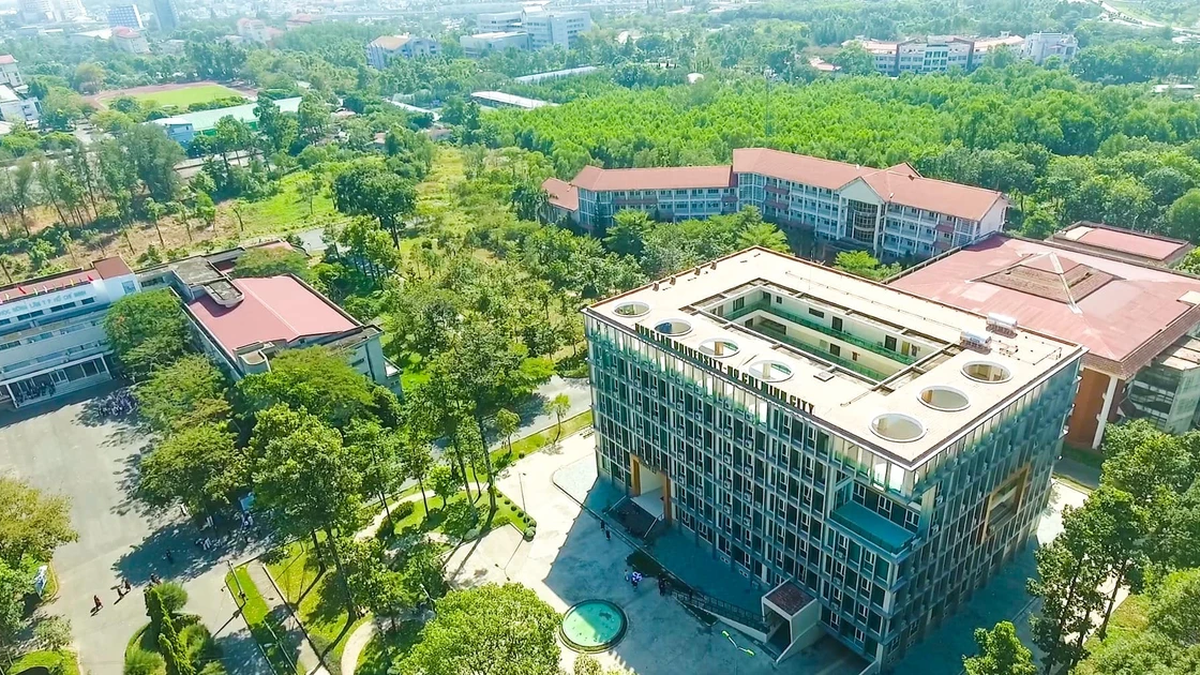




















































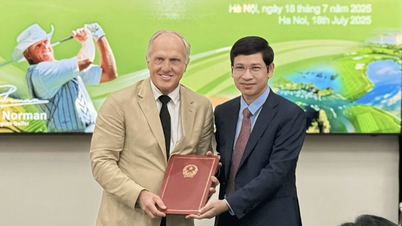






















![[Infographic] In 2025, 47 products will achieve national OCOP](https://vphoto.vietnam.vn/thumb/402x226/vietnam/resource/IMAGE/2025/7/16/5d672398b0744db3ab920e05db8e5b7d)













Comment (0)